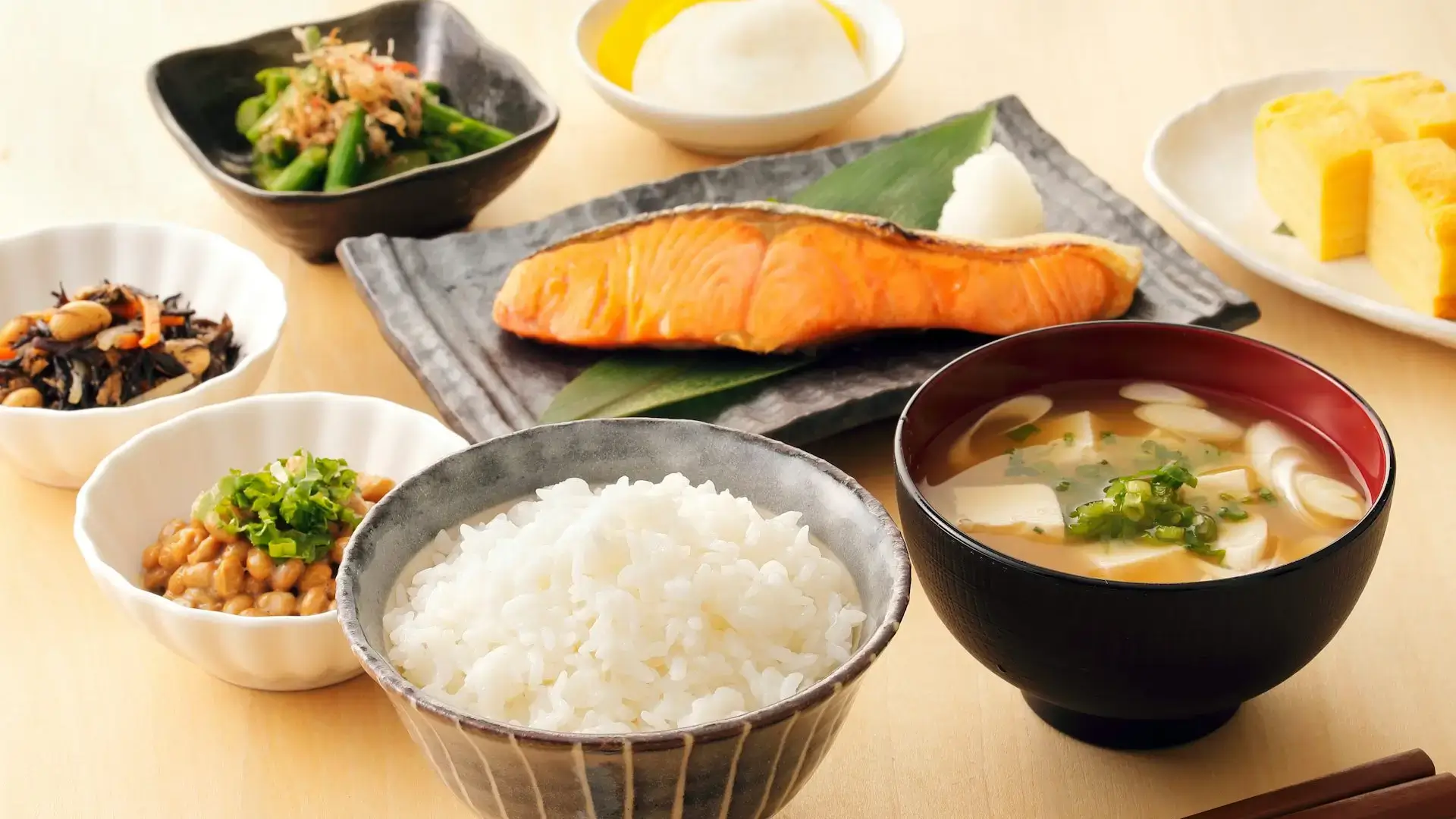The traditional Japanese cuisine, known for its unique combination of seafood, miso, mushrooms, and green tea, has long been hailed for its health benefits. Recent research suggests that this diet could particularly be beneficial in staving off dementia and cognitive decline.
A typical Japanese diet is a balanced mix of rice, fish, shellfish, and citrus fruits. But the traditional variant, as studied by researchers, is a bit more unique and includes foods like seaweed, miso (fermented soybean paste), green tea, pickles, and mushrooms.
These foods have been known to offer a wide array of health benefits individually. Green tea, for instance, has been linked with heart health and weight loss, while seafood is a rich source of omega-3 fatty acids beneficial for brain health.
According to a research study published in the Nutrition Journal, following a traditional Japanese diet could be more beneficial for brain health than the typical Western diet. This diet is usually high in refined carbs, fatty foods, soft drinks, and alcohol.
The research involved a sample of 1,636 Japanese people aged 40–89. The participants were divided into three groups based on their diet: traditional Japanese, Western, and a primarily plant-based diet. Over the next two years, the researchers measured brain atrophy, an indicator of cognitive decline and dementia, by taking regular MRI scans of the participants.
Interestingly, the research found that women who adhered to the traditional Japanese diet experienced less brain shrinkage compared to those who followed a Western diet. However, the diet seemed to have no effect on men, irrespective of whether they followed the Western or Japanese diet.
This could be attributed to a number of factors, including both biological and lifestyle differences. For instance, negative habits like smoking, which could potentially offset the benefits of a healthy diet, were found to be more common in men.
The Japanese diet is rich in polyphenols, phytochemicals, and unsaturated fatty acids. These components are known for their antioxidant and anti-inflammatory effects – which essentially means they help keep the brain and its neurons working at their best, reports the Daily Mail.
Japan is home to one of the world’s five “blue zones” – regions where people live longer and healthier lives, with lower rates of chronic disease compared to other parts of the world. In Okinawa, a well-known blue zone in Japan, only 6.7% of the population has dementia, compared to over 11% in the United States.




